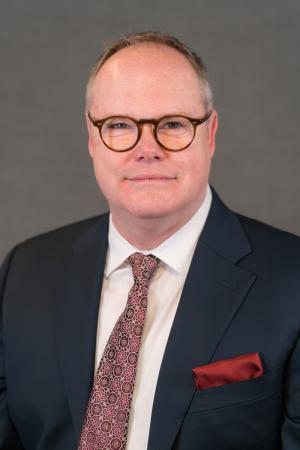An alternative mental health court program designed to fast-track people with untreated schizophrenia and other psychotic disorders into housing and medical care — potentially without their consent — kicked off in seven California counties, including San Francisco, on Monday.
If you are looking for an expert to speak specifically about mental health issues, please consider Professor Billy Mullins a clinical assistant professor for the B.S.N. program and the Acute & Chronic Care Community. Dr. Mullins is a prominent leader and educator in the profession of nursing.
Dr. Mullins’ areas of expertise include Medical-Surgical, Cardiac and Medical-Psychiatric. He established a medical-psychiatric inpatient care unit focusing on providing holistic care to psychiatric patients needing acute medical care. Dr. Mullins’ DNP capstone project focused on identifying patients at risk for elopement within the acute care setting in which he received the GW SON outstanding student award for innovation. Dr. Mullins has been inducted into Sigma Theta Tau and Golden Key.
Dr. Mullins provided some initial thoughts below and is available to add insight:
“My first thought is around identification of those with need. The AP report indicated that family and first responders can request the CARE Court service. Are there specific criteria that must be met? Is there a document that must be completed by the family or first responder? I am specifically interested in how that process is designed and will be implemented. If a CARE Court request is submitted, will the person have the ability to have a mental health assessment conducted by a psychiatrist or psychiatric-mental health nurse practitioner that would provide their medical recommendation? I am specifically interested in whether there will be a capacity evaluation done to ensure the person is in fact unable to make decisions that will promote and maintain their safety. How does or will this program differ from the historical perspective of state mental health hospitals? State mental health hospitals were determined to not provide optimal care to this vulnerable patient population. Is this model aligned with the concept of state mental health hospitals, or how does it differ? Persons with schizophrenia are determined to be among the highest vulnerable group of the population requiring disability benefits. More definitely needs to be done to provide housing, social services and access to mental and medical health care for persons with mental health disorders to include schizophrenia. How will this program enhance access that is currently lacking?”
If you are looking for context on this matter or would like to speak with Professor Mullins, please contact GW Media Relations at GWMedia gwu [dot] edu (GWMedia[at]gwu[dot]edu) or 202-994-6460.
gwu [dot] edu (GWMedia[at]gwu[dot]edu) or 202-994-6460.
-GW-




